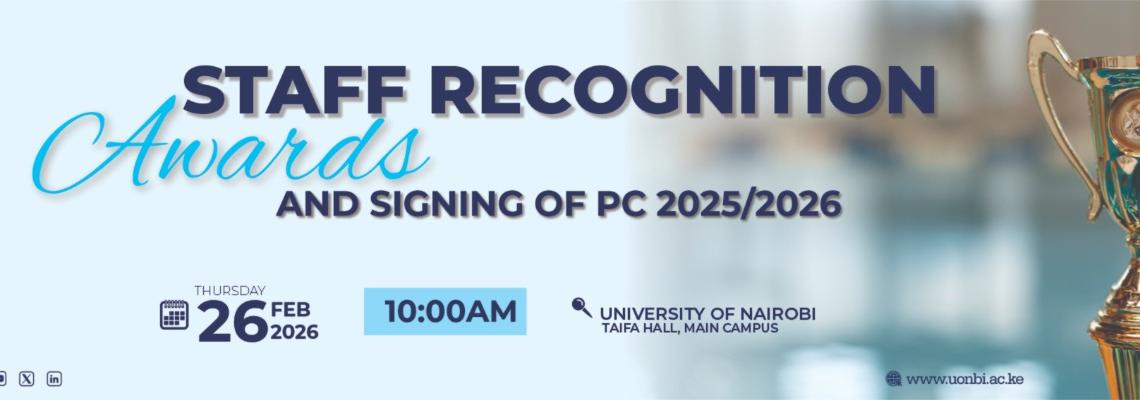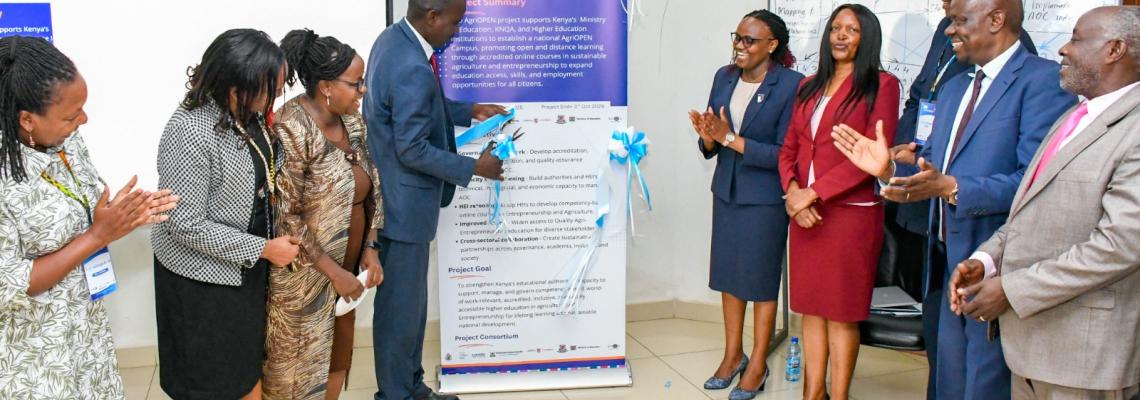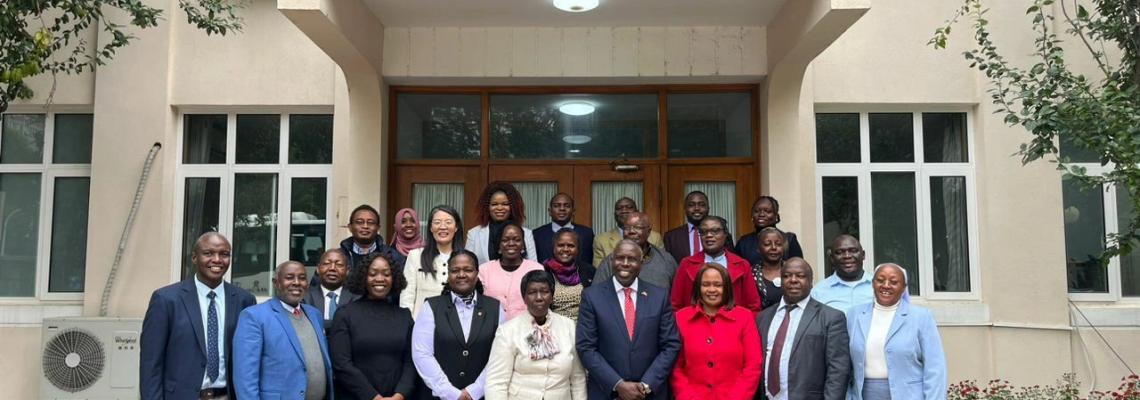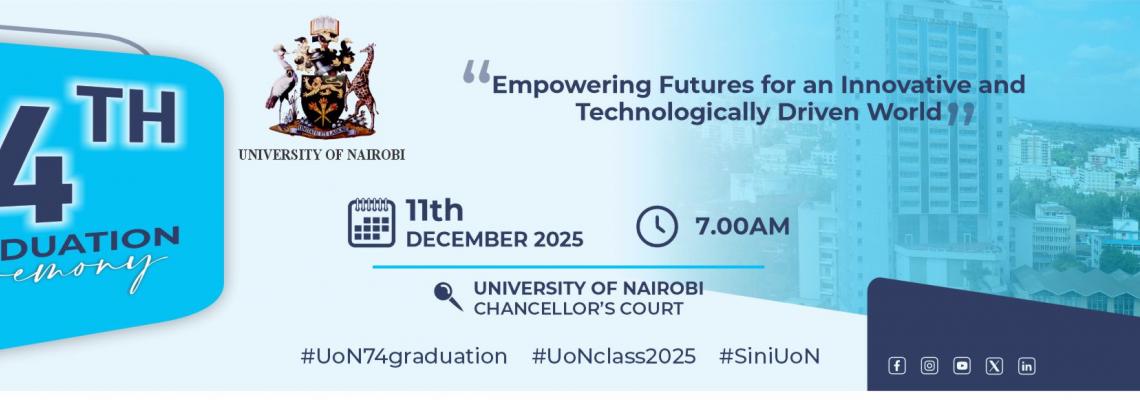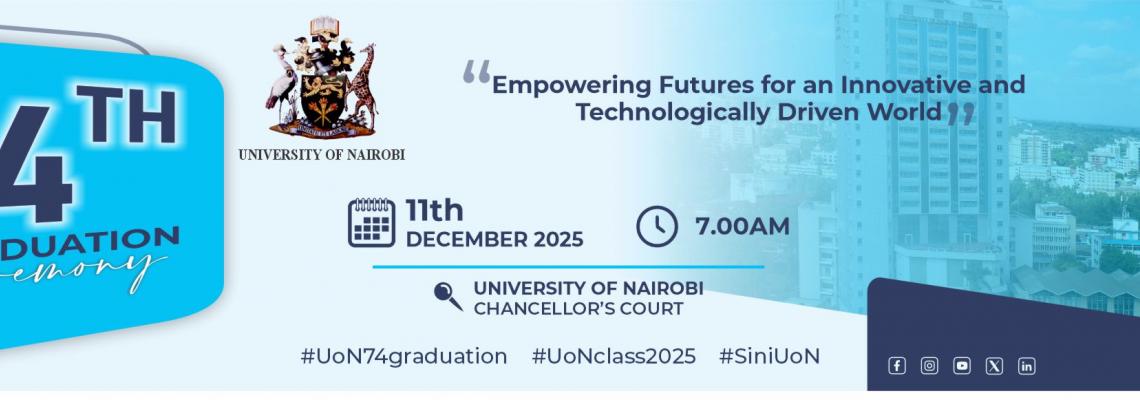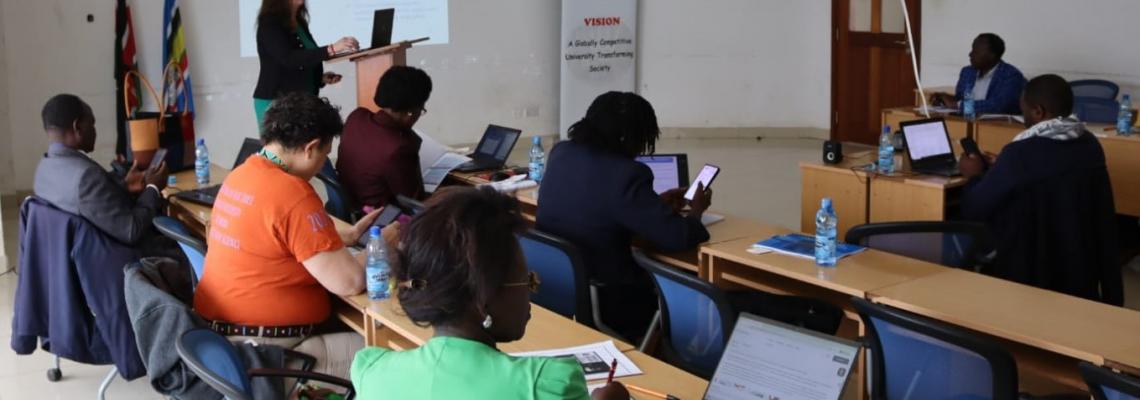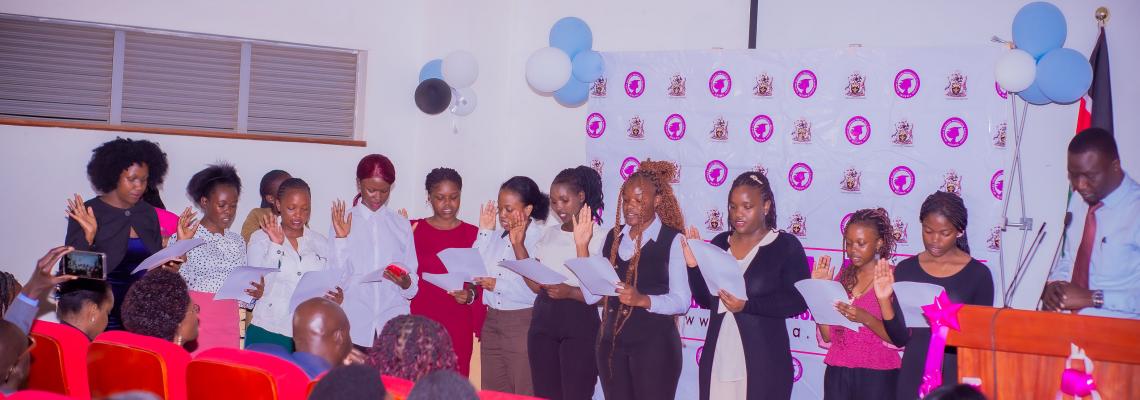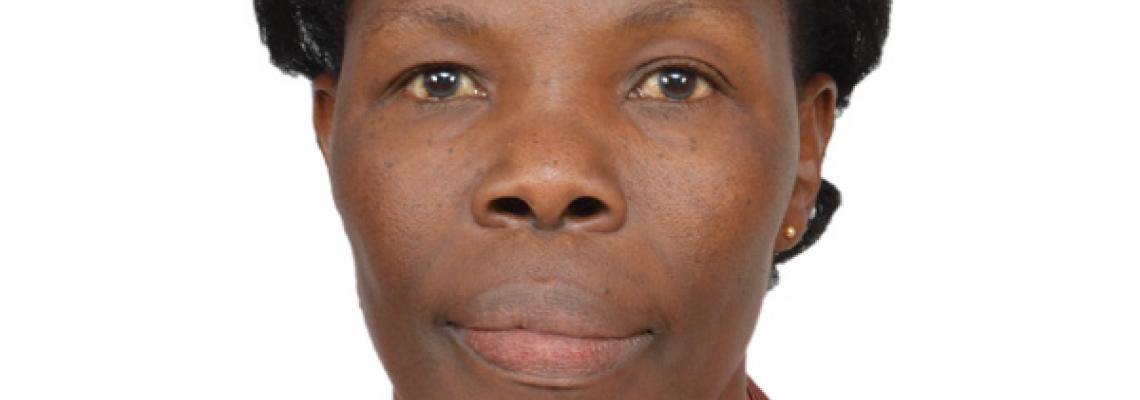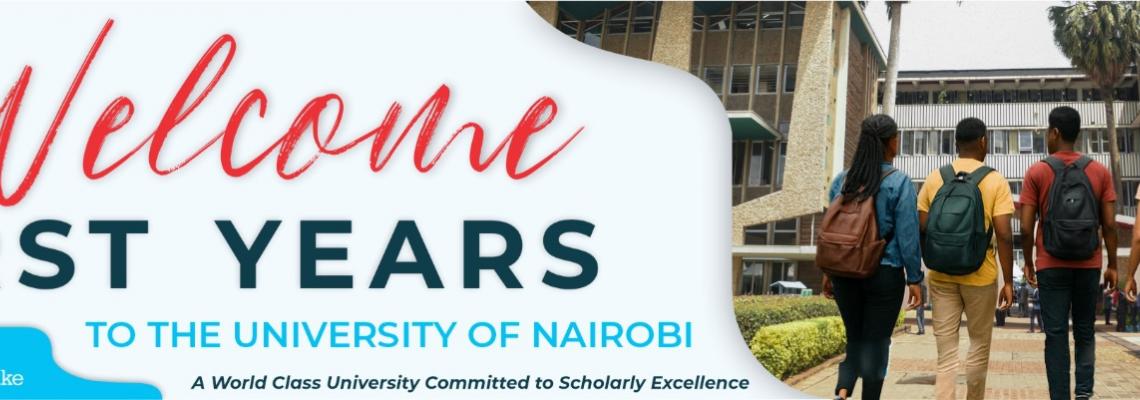Overview
Background
The Department of Educational Communication, Technology and Pedagogical Studies
has been offering diploma, bachelor and masters programmes in Early Years Education
(EYE) since 2000. The PhD programme in Early Years Education addresses capacity
building for innovation and sustainable development in this sector of education. It
targets to have a highly skilled human resource in Early Years Education for the
realization of Vision 2030 and beyond.
The doctoral programme in Early Years Education is intended to improve strategic and
tactical thinking to remove wastage and add value in the teaching, management and
evaluation of the sub-sector. The doctoral graduates will have holistic perceptions of
Early Years Education as a critical component of achieving newly industrialized status
of our societies. Therefore, the department has structured this doctoral programme in
Early Years Education by coursework, examination and thesis. The programme is
pegged on the field of Teacher Training with subject Specialisation according to the
UNESCO/ISCED Category 0114.
Philosophy of the Programme
The philosophy of the programme is guided by the need to connect and inspire the
Kenyan community, to provide leadership and stewardship and to give hope and faith to
the Kenyan society so that it can excel in whatever it chooses to do with passion, moral
responsibility and a strong sense of patriotism.
Rationale of the Programme
The Early Years Education subsector has experienced massive expansion requiring high
quality human resource to handle the area at different tiers of the education system.
However, this expansion has not been matched with corresponding human resource to
manage it. Even though the University has been training specialists in Early Childhood
Education (ECE) at Masters level since 2008, there is still need to train highly qualified
human resource at PhD level to handle ECE programmes in existing and emerging
universities in Kenya. This doctoral programme focuses on developing practitioners for
EYE sector as a provision to the expectations of Kenya Constitution 2010 and for the
realization of vision 2030 by creating a pool of highly skilled specialists. To this end,
the programme is devised to produce professionals for universities, middle level
Objectives of The programme is to:
1. Explore the theoretical and applied knowledge of contemporary issues in early childhood education.
2. Acquire a critical understanding of the theoretical lens to look at specific issues of Early Childhood Education.
3. Apply philosophy, principles and practice of Early Childhood educational research.
4. Conduct research independently at a high level of originality and quality.
5. Continue to advance knowledge and its application in particular fields of study of Early Childhood Education.
Structure
- The programme shall run for a minimum period of seven semesters and a maximum period of 15 semesters of 15 weeks.
- The programme shall be undertaken through coursework, examination and thesis.
- The minimum course load shall be three course units and the maximum course load shall be four course units per semester.
- Each course unit shall consist of 60 contact hours.
- Students will be required to take all the six course units offered except where credit transfer has been permitted.
- A student shall be required to take four core units in the first Semester and, two elective course units in the second Semester. Each elective unit shall be chosen from any one of three clusters.
- A student shall develop a proposal in the second semester.
- A candidate shall write a thesis equivalent to eight unit
MODE OF DELIVERY OF THE PROGRAMME
The programme shall be offered through Face to Face teaching mode, Open Distance and eLearning (ODeL) mode in a blended manner.
2.1 Face to face mode
The programme shall be conducted through lectures, group discussion, seminars, tutorials, case studies, student-lecturer consultations, supervised independent study, group projects, practicals, demonstrations and e-learning services.
-
- Open Distance and e-Learning (ODeL) mode
The programme shall be offered by Open and Distance e-Learning (ODeL) mode. The ODeL mode will involve:
-
-
- This will include self-instructional print and electronic study materials and other relevant online services
- Written self-instructional study modules and e-learning materials, audiovisual and interactive devices, and self-tests;
- Learning Management System delivered via internet-based technologies such as Skype, e-classrooms, Google meet, Microsoft Teams, Zoom;
- Access to learning through training hubs and other resource centres and use of both physical and e-libraries at the University of Nairobi and other institutions
- Limited face-to-face sessions to provide an overview of the course at commencement of the
- semester, mid-semester, and revision period before examinations;
-
2.3 Blended Learning Mode
The course shall also be delivered through a combination of face-to-face, and ODeL where applicable.
Admission Requirements
The common regulations for the Doctor of Philosophy of University of Nairobi shall apply.The following shall be eligible for admission into the Doctor of Philosophy in Early Years Education.
- A holder of Bachelor’s degree or Post graduate Diploma in Education, and a Master of Education in Early Years Education degree of the University of Nairobi or its equivalent recognized by the Senate.
- A holder of Bachelor of Education degree or a postgraduate Diploma in Education, and Master of Education degree of the University of Nairobi in areas of specialization relevant to Early Years Education or its equivalent recognized by the Senate
APPLICATION LINK
CONTACT INFORMATION
The Chairman, Dept. of Educational Communication Technology and Pedagogical Studies
P. O. Box 92 Kikuyu
Tel: 020-4918372
Email: dept-ecnt@uonbi.ac.ke
Careers
- Trainer of trainer
- Researcher
- Lecturer
- Writers
- Consultant
- Psychologist
- Policy maker
- Curriculum developer
- School manager
- Policy maker
- Project manager
- College principal
Attachment opportunities
Students undertake their attachment in high schools, teacher training colleges and other institutions where their expertise may be required
Fees and Funding
| DOCTOR OF PHILOSOPHY IN EDUCATION | ||||
| YEAR 1 | YEAR 2 | YEAR 3 | TOTALS | |
| TUITION | 288,000.00 | 288,000.00 | 288,000.00 | 864,000.00 |
| ICT SERVICES - (PER YEAR) | 7,000.00 | 7,000.00 | 7,000.00 | 21,000.00 |
| THESIS EXAMINATION | - | - | 50,000.00 | 50,000.00 |
| REGISTRATION (PER SEMESTER@2250) | 4,500.00 | 4,500.00 | 4,500.00 | 13,500.00 |
| ID CARD ( PER YEAR) | 1,000.00 | 1,000.00 | 1,000.00 | 3,000.00 |
| CAUTION - (ONCE) | 5,000.00 | - | - | 5,000.00 |
| MEDICAL FEE (PER YEAR) | 6,500.00 | 6,500.00 | 6,500.00 | 19,500.00 |
| ACTIVITY-( PER YEAR) | 2,000.00 | 2,000.00 | 2,000.00 | 6,000.00 |
| LIBRARY (PER YEAR) | 5,000.00 | 5,000.00 | 5,000.00 | 15,000.00 |
| STUDENT ORGANISATION(PER YEAR) | 1,000.00 | 1,000.00 | 1,000.00 | 3,000.00 |
| Grand totals | 320,000.00 | 315,000.00 | 365,000.00 | 1,000,000.00 |


